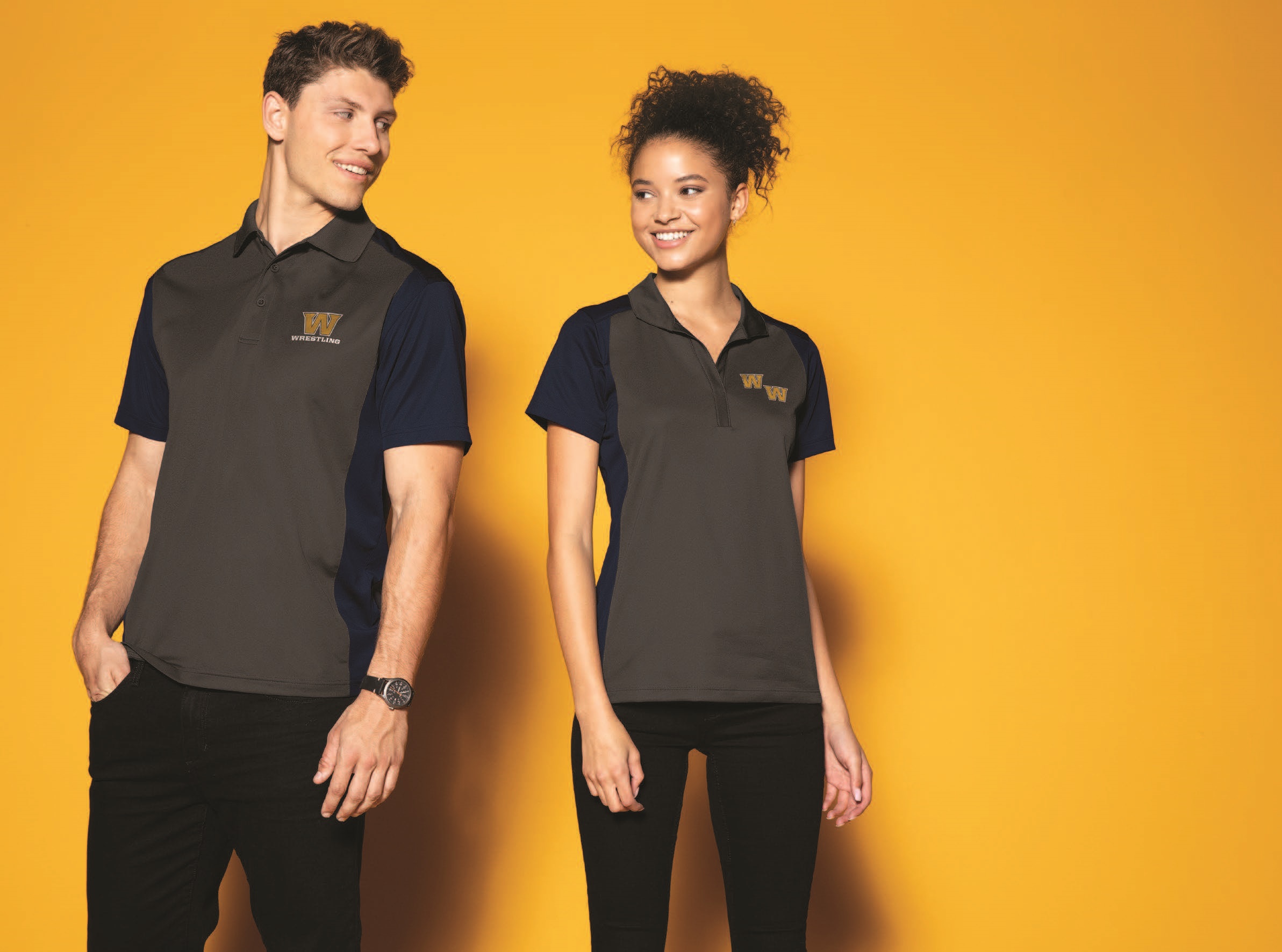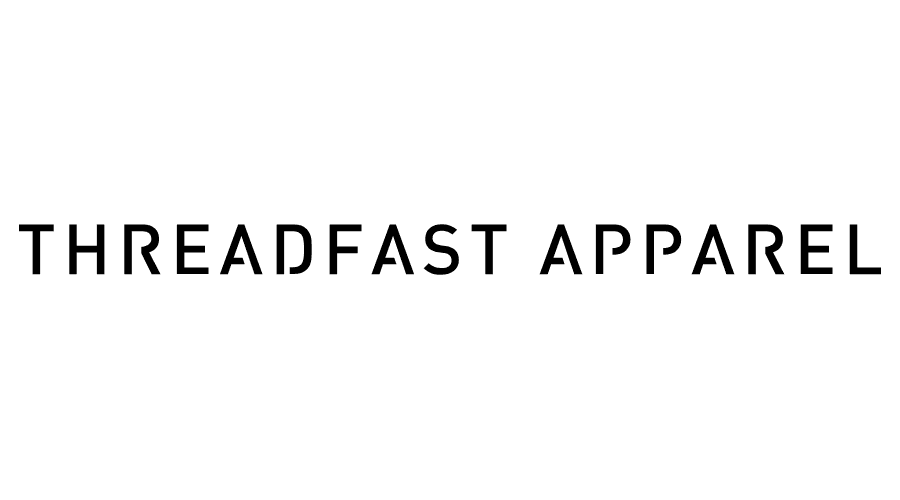To all our promotional apparel distributors and suppliers, we have an important lesson for you this week, care of apparel retailer Revolve’s sweatshirt. It just might be the difference between executing an inspiring promotional campaign and unleashing a viral hate storm.
First, some background:
Lena Dunham collaborated with apparel line LPA to release a line of sweatshirts on Revolve. The line was made up of five different sweatshirts, each featuring a different quote. The quotes were offensive statements that were made online to Dunham (“Horrible Result of Modern Feminism”), Suki Waterhouse (“If you translated a bum onto her face, she’d have a better face”), Paloma Elsesser and more.
But it was the ad campaign behind Elsesser’s sweatshirt that really sparked a media wildfire. The quote on the shirt read “Being fat is not beautiful it’s an excuse.” Below that, in tiny text, it read “As said to @palomija” (Elsesser’s Instagram handle).
Now, Elsesser is a plus-size model, and it is awful that someone said that to her. But, for the sweatshirt’s marketing images, the company decided to put the sweatshirt on a thin model, which completely negated the sentiment behind it.
Social media users immediately took to their accounts to voice their disbelief and anger over the product:
https://twitter.com/Tess_Holliday/status/1039903581426438145
https://twitter.com/eiffeltyler/status/1039896574523043843
And before you know it, Revolve was caught up in one of the worst PR nightmares of 2018. Plus, like @eiffeltyler said above, Revolve doesn’t even stock sizes above an XL, and doesn’t usually carry sizes above a 10. So the whole campaign seems plain hypocritical in the first place.
LPA responded to the @florencegiven (the account that first spotted the sweatshirt), and said the campaign was unveiled early. In fact, the sweatshirts were supposed to benefit charity, and there was supposed to be a very obvious explanation that would have sidestepped this marketing faux pas.
https://www.instagram.com/p/BnoYbfenDnC/?utm_source=ig_embed
Eventually, the company released a statement on Instagram:
What was conceived as a statement on today’s internet culture and its treatment of women has gone terribly wrong. We at LPA were so honored when Lena Dunham agreed to work with us on this capsule collection and, most importantly, thrilled at the exposure our work would give to such a serious issue. We coordinated each aspect of the collection itself, to the chosen quotes to the design. We were proud of our final product, the conversation it would start and – most importantly – the direct effect it would have on such an impactful charity in “Girls Write Now”. Where we faltered was not intention, sincerity or conception, but in my own lack of communication that lead to how the collection was portrayed on Revolve.com and the pre-mature release of the e-commerce imagery, a day prior to launch. We were planning to launch with an image of Lena in the sweatshirt along with our statement and explanation. I cannot apologize enough to my good friend Lena, and others, to all of LPA’s fans. We work hard to make the right choices every day, understanding the platform and the opportunity that we are lucky enough to have, and we are so sorry to have let you all down.
We know the quotes within the collaboration were shocking, which was entirely the point. To spotlight how we’ve normalized the way we bully and speak negatively to one another via the internet.
Given this controversy, we support Revolve.com and join them in their removal of the collection from our site. We are also proud to make our own donation to “Girls Write Now” – in honor to their commitment to this admirable cause.
It’s a shame that a well-intentioned apparel campaign to promote body positivity resulted in a complete debacle. What could have been an amazing idea that raised a ton of money for charity instead became a massive failure and a PR disaster for just about everyone involved. Also, Revolve and LPA have to understand that it’s a huge mistake to promote body positivity when your company doesn’t even stand behind plus-size shoppers. Until there are options for plus-size customers, what’s the point of promoting these types of messages?
The biggest lesson here for promo distributors, though, comes in the decoration aspect. The idea of turning quotes from internet trolls into positive and empowering messages is a good one, but the execution was awful. It’s hard enough to make a statement about a complex, hot-button social issue in the space available on a shirt. Without context, it’s easy to miss the message and the irony, and that’s what happened here.
Making it more obvious that it was a quote (not a mission statement) and printing the “as told to” footer in a larger size, rather than minimizing it, would have been a good start. Keep that in mind if you’re ever working with similar kinds of apparel decoration.



